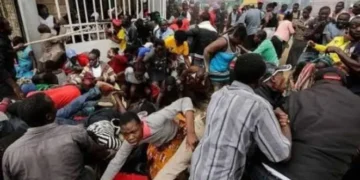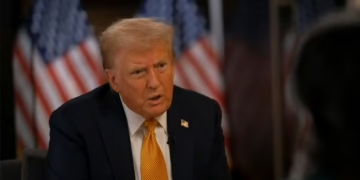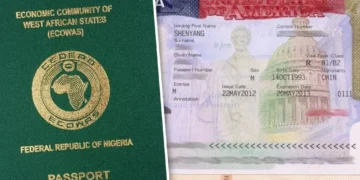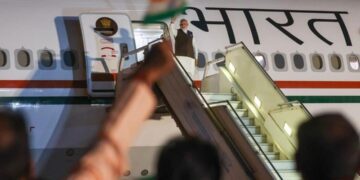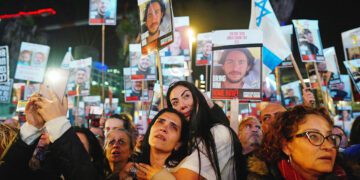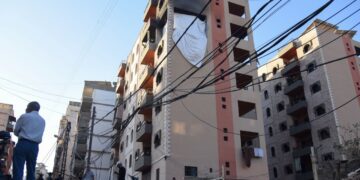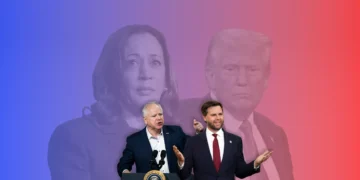Security Council expected to vote on Friday on US-drafted ceasefire resolution with talks to continue in Qatar. The United Nations Security Council is expected to vote as soon as Friday on a United States-drafted resolution calling for a ceasefire in Gaza as the European Union called for a “humanitarian pause”, adding to the pressure on Israel to end its five-month-long bombardment of the Palestinian territory. Washington, Israel’s staunchest ally, has been gradually hardening its tone following its early solid support for Israeli Prime Minister Benjamin Netanyahu and his war in Gaza. The latest draft resolution marks a further toughening of Washington’s approach amid rising global condemnation of a war in which some 32,000 Palestinians have been killed. UN experts have also warned of an imminent famine because of Israel’s blockade. The draft US text describes an “immediate and sustained ceasefire” as an imperative to protect civilians and allow for the delivery of humanitarian aid. A ceasefire would also be conditional on the release of some of the remaining captives taken by Hamas in its attack on Israel on October 7. Previously, the US has avoided referring to a ceasefire and vetoed UN resolutions that have called for one, most recently in February. Announcing the Friday vote, US ambassador to the UN, Linda Thomas Greenfield, told US diplomats had been working on a resolution that would “unequivocally support ongoing diplomatic efforts aimed at securing an immediate ceasefire in Gaza as part of a deal which would get hostages released and enable a surge in humanitarian aid”.
There was some discomfort at the language used in the US draft, and a second resolution has also been drafted with stronger language that demands an immediate ceasefire. It has the support of eight of the 10 non-permanent members of the 15-member body. The diplomatic moves at the UN came as EU leaders’ meeting in Brussels called for an “immediate humanitarian pause leading to a sustainable ceasefire” in Gaza. They also called for “the unconditional release of all hostages” and urged Israel not to proceed with its plan for a major ground offensive in the southernmost city of Rafah where more than one million Palestinians have sought refuge from the war. The EU said such an assault would “worsen the already catastrophic humanitarian situation and prevent the urgently needed provision of basic services and humanitarian assistance”. The ceasefire calls came as truce negotiations mediated by the US, Qatar, and Egypt were set to continue in Doha. A statement from Netanyahu’s office said Israel’s spy chief David Barnea would travel to Qatar on Friday to meet mediators.
US Secretary of State Antony Blinken, who is on his sixth trip to the region since the conflict began, said he believed there could be a deal between Israel and Hamas, which controls Gaza and killed more than 1,000 people in its October attack on Israel. Negotiations in Qatar have centered on a truce of about six weeks that would allow the release of 40 Israeli captives in return for hundreds of Palestinians detained in Israeli jails. “Negotiators continue to work. The gaps are narrowing, and we’re continuing to push for an agreement in Doha. There’s still difficult work to get there. But I continue to believe it’s possible,” Blinken said.
The main obstacle has been that Hamas says it will release captives only as part of a deal that would end the war, while Israel says it will discuss only a temporary pause.
Source: Al Jazeera


















